Pfizer Announces Positive Phase 2b Outcomes for Obesity Drug Candidate, Danuglipron
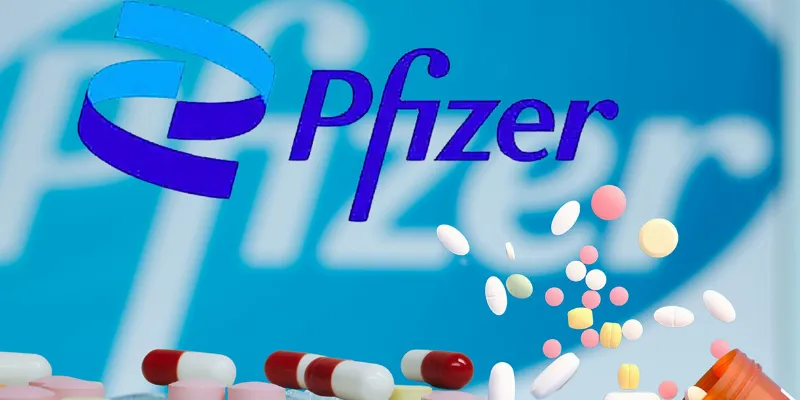

Clinical Trials |
5 December 2023
Pfizer has announced promising results from its Phase 2b clinical trial investigating its oral GLP-1RA candidate, danuglipron, in adults with obesity and without type 2 diabetes. The study met its primary endpoint and danuglipron achieved weight reductions of up to -13% compared to a placebo.
Pfizer's new oral Glucagon-like peptide-1 receptor agonist (GLP-1RA), danuglipron, has shown promising results in a Phase 2b trial for treating obesity in adults without type 2 diabetes. The trial not only met its primary goal, demonstrating a substantial shift in baseline body weight, but it also revealed remarkable weight reductions of up to -13% when compared to a placebo.
Pfizer's Chief Scientific Officer & President, Mikael Dolsten, MD, PhD, emphasized, "We believe an improved once-daily formulation of danuglipron could play an important role in the obesity treatment paradigm, and we will focus our efforts on gathering the data to understand its potential profile. Results from ongoing and future studies of the once-daily danuglipron modified release formulation will inform a potential path forward with an aim to improve the tolerability profile and optimize both study design and execution.”
Clinical Trial Outcomes
The Phase 2b randomized, double-blind, placebo-controlled, parallel-group, dose-ranging study evaluated the efficacy and safety of danuglipron administration in adults with obesity and without type 2 diabetes. The study assessed three cohorts across different fixed titration schedules and target doses.
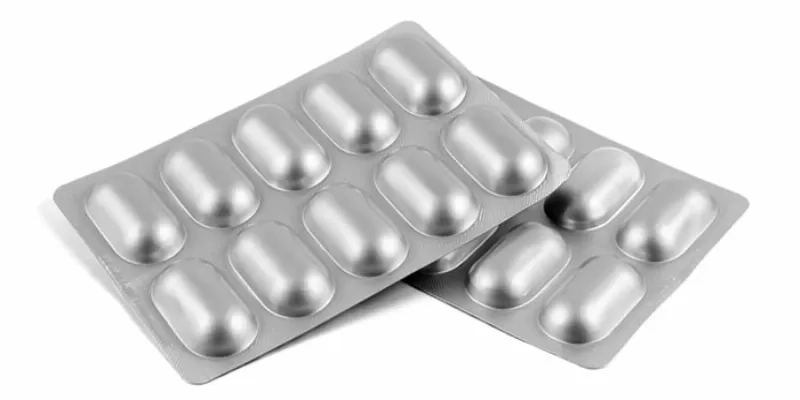
Significant Reductions in Body Weight
Twice-daily dosing of danuglipron showed statistically significant reductions from baseline in body weight for all doses, with mean reductions ranging from -6.9% to -11.7% at 32 weeks, compared to +1.4% for placebo. At 26 weeks, danuglipron demonstrated -4.8% to -9.4% reductions, while the placebo group showed a minimal increase of +0.17%. Placebo-adjusted reductions in mean body weight ranged from -8% to -13% at 32 weeks and -5% to -9.5% at 26 weeks.
UPDATE AND WARNING: Pfizer announced that it would not advance a twice-daily version of danuglipron into late-stage studies after most patients dropped out of its midstage trial due to high rates of side effects, such as nausea and vomiting. The company hopes that a change in the drug's release mechanism can reduce side effects, but early data on the new formulation will not be available until the first half of next year.
Tolerability and Safety Profile
While the most common adverse events were mild and gastrointestinal, consistent with the mechanism, high rates were observed (up to 73% nausea; up to 47% vomiting; up to 25% diarrhea). High discontinuation rates, greater than 50%, were observed across all doses compared to approximately 40% with the placebo. No new safety signals were reported, and treatment with danuglipron was not associated with an increased incidence of liver enzyme elevation compared to the placebo.
About Danuglipron
Danuglipron (PF-06882961) is an experimental medicine that is taken orally as a tablet and is not currently approved for use by health authorities. Discovered and developed in-house at Pfizer, Danuglipron belongs to the class of medicines known as GLP-1RAs. Its purpose is to maintain healthy blood sugar levels by increasing insulin release and reducing glucagon secretion into the bloodstream. Additionally, it slows down the digestion of food and enhances the sensation of fullness after eating.








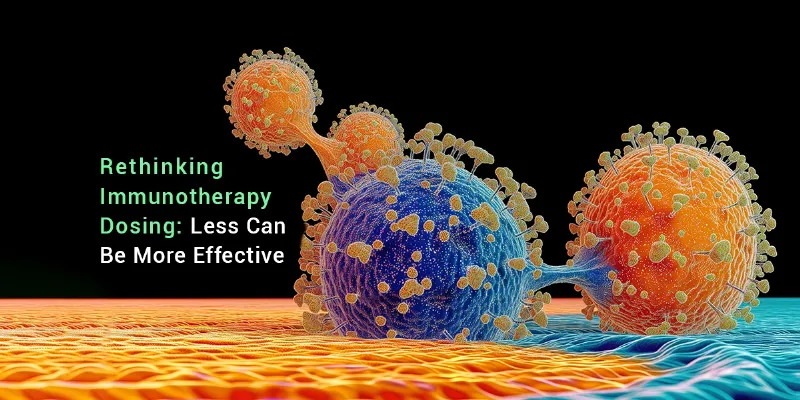
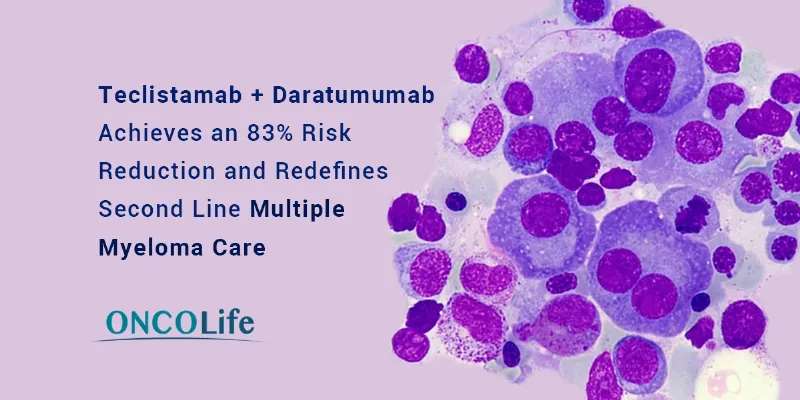
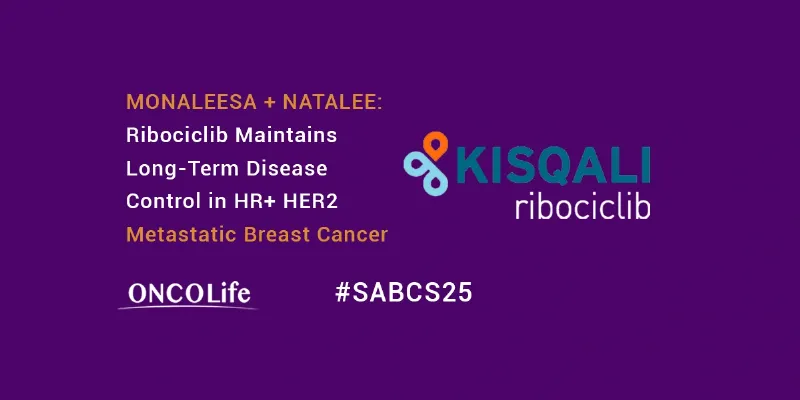
Comments
No Comments Yet!